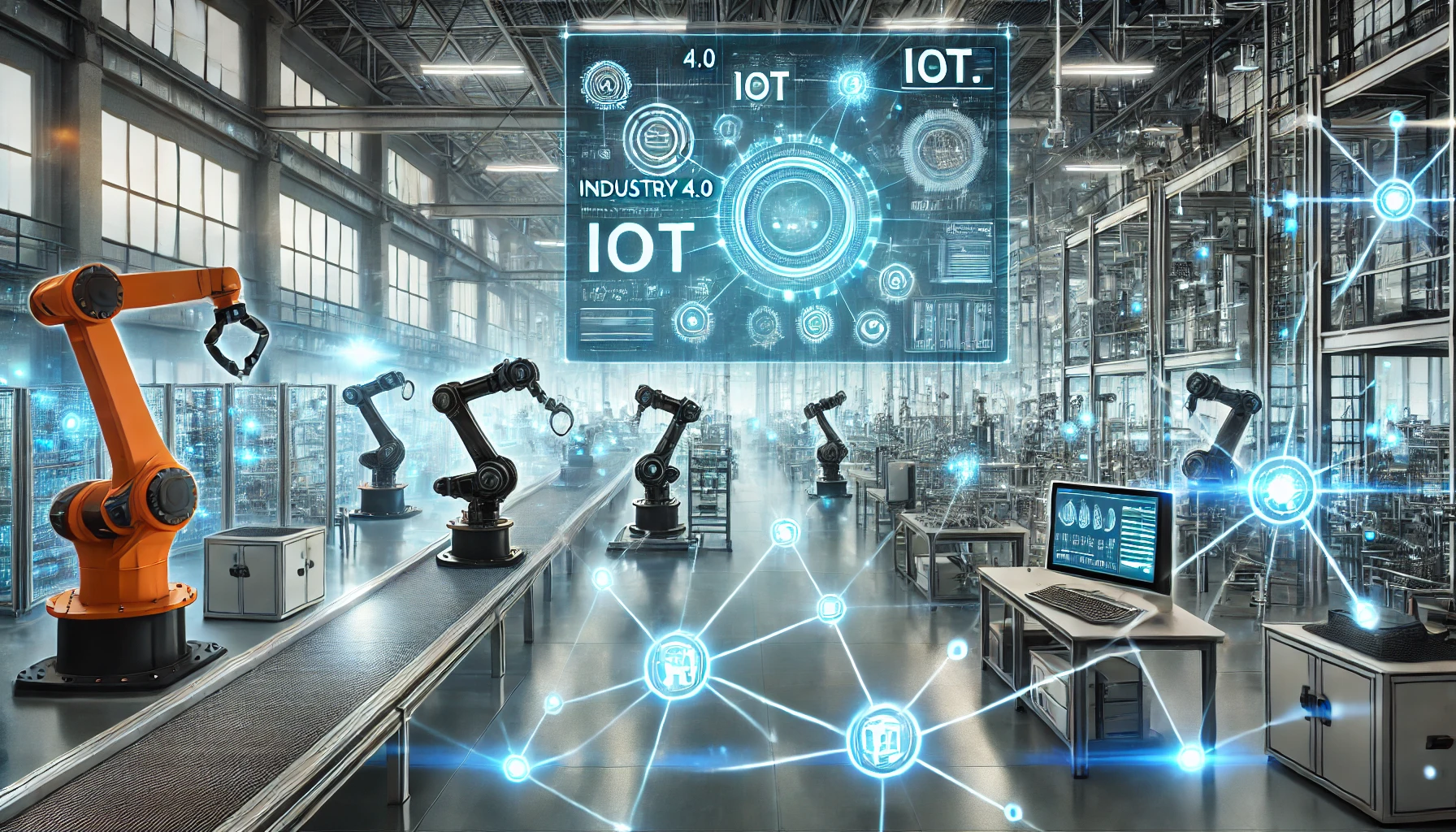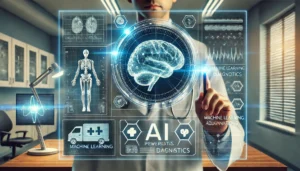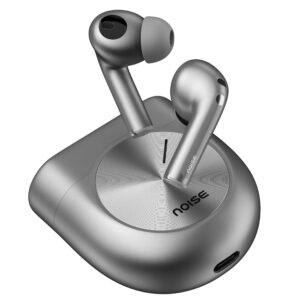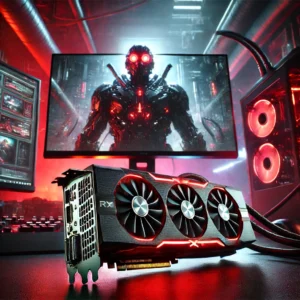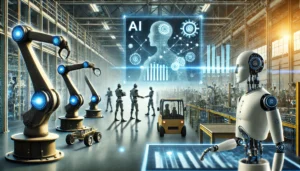IoT in Industry 4.0: The Role of IoT in Transforming Manufacturing Processes and Supply Chains
Introduction
The industrial landscape is undergoing a seismic shift with the advent of Industry 4.0. Central to this revolution is the Internet of Things (IoT), a technology that’s connecting machines, systems, and processes like never before. But how exactly is IoT transforming manufacturing and supply chains? Let’s dive in.
Understanding Industry 4.0
Industry 4.0 refers to the fourth industrial revolution, characterized by the fusion of digital, physical, and biological systems. Technologies like artificial intelligence (AI), robotics, and IoT are at the forefront, enabling smart factories where machines communicate seamlessly.
What is IoT?
IoT, or the Internet of Things, is a network of interconnected devices that collect, share, and act on data. Originally a concept for consumer devices, IoT has rapidly evolved to become a game-changer in industrial applications.
Integration of IoT in Manufacturing
Smart Manufacturing
Imagine a production line where machines detect anomalies and self-correct without human intervention. That’s the power of IoT-enabled smart manufacturing. Sensors, combined with data analytics, provide real-time insights to streamline operations.
Predictive Maintenance
Unexpected equipment failure can halt production. IoT prevents this by enabling predictive maintenance. Sensors monitor machine health, alerting operators to potential issues before they escalate, significantly reducing downtime.
IoT in Supply Chain Management
Enhancing Visibility
IoT devices provide end-to-end visibility in the supply chain. Real-time tracking ensures businesses know the exact location and condition of shipments, helping them optimize routes and reduce delays.
Ensuring Quality Control
For perishable goods, IoT monitors environmental factors like temperature and humidity during transit. This ensures product quality, minimizing waste and increasing customer satisfaction.
IoT Applications in Industry 4.0
Digital Twins
Digital twins are virtual replicas of physical systems. IoT sensors feed data into these models, allowing manufacturers to simulate and optimize processes without disrupting operations.
Autonomous Operations
IoT, combined with AI, enables autonomous operations. From robotic arms assembling products to self-driving forklifts, these technologies are making factories smarter and safer.
Benefits of IoT in Industry 4.0
Increased Efficiency
IoT accelerates production cycles and reduces operational costs by optimizing resource use and minimizing waste.
Enhanced Decision-Making
With data flowing from IoT devices, businesses gain actionable insights. This empowers leaders to make informed decisions quickly.
Challenges of IoT Implementation
Cybersecurity Concerns
As IoT devices communicate over networks, they become potential targets for cyberattacks. Securing these systems is paramount to safeguard sensitive data.
High Initial Costs
IoT implementation requires significant upfront investment. However, long-term gains often outweigh these costs, making it a worthwhile venture.
Real-World Examples of IoT in Industry 4.0
Case Study 1: Automotive Industry
Leading automakers use IoT to enable smart factories. Sensors track every step of production, ensuring precision and efficiency.
Case Study 2: Food and Beverage Sector
IoT devices monitor supply chain conditions to maintain product quality, enhancing safety and compliance with regulations.
Future of IoT in Industry 4.0
The future of IoT in Industry 4.0 is exciting. Expect greater integration of AI, blockchain, and advanced analytics, driving more automation and connectivity.
Conclusion
IoT is undeniably a cornerstone of Industry 4.0, transforming manufacturing and supply chains. By enhancing efficiency, reducing waste, and enabling smarter decisions, IoT paves the way for a more connected and sustainable industrial future.
FAQs
- What is the primary role of IoT in Industry 4.0?
IoT connects devices and systems, enabling real-time data collection and smarter decision-making. - How does IoT improve supply chain management?
IoT enhances visibility, ensures quality control, and optimizes logistics in the supply chain. - What are the challenges of IoT adoption?
Cybersecurity risks and high initial costs are among the biggest challenges. - Can small businesses benefit from IoT in manufacturing?
Absolutely! IoT solutions can improve efficiency and reduce costs, even for small-scale operations. - What is the future of IoT in Industry 4.0?
IoT will continue to evolve, integrating AI, blockchain, and other advanced technologies to drive innovation.
Please don’t forget to leave a review.
on Techcyclohub
___________________________________________________________________________________________________
Book Recommendations
- “Industry 4.0: Managing The Digital Transformation” by Alasdair Gilchrist
- “Building the Internet of Things” by Maciej Kranz
- “IoT Inc.: How Your Company Can Use the Internet of Things to Win in the Outcome Economy” by Bruce Sinclair
- “The Fourth Industrial Revolution” by Klaus Schwab
- “Smart Factory: Industry 4.0 Demystified” by José A. García de Soto
